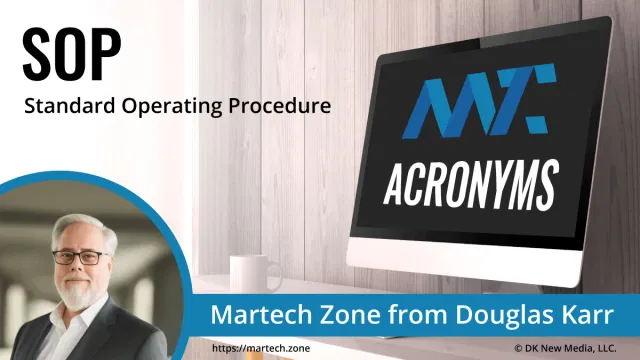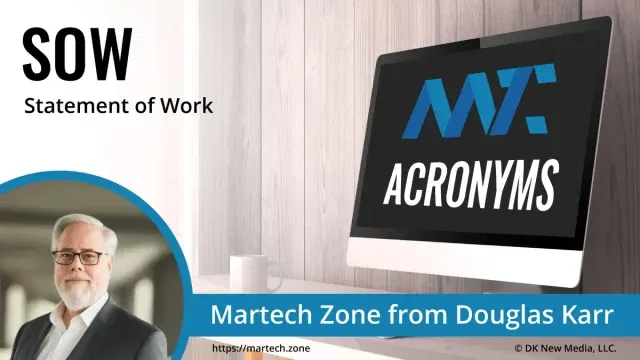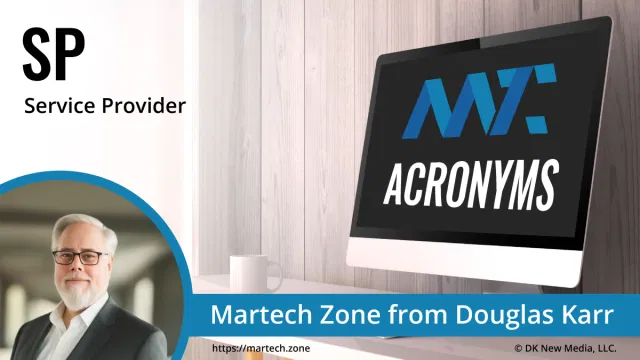Acronyms Beginning With S
Sales, marketing, and technology acronyms that begin with S
-

SoLoMo
This acronym represents the convergence of three powerful digital marketing trends that reshaped consumer engagement and brand strategies in the early 2010s. While the term has evolved, the concept remains central to how companies approach reaching audiences in an increasingly…
-

SoMoLo
A marketing strategy referring to the integration of social media, mobile technology, and local targeting to reach consumers more effectively, especially in real-time. Breakdown of SoMoLo: Social: Using social media platforms (e.g., Facebook, Instagram, X) to engage and interact with…
-

SOP
A detailed written document outlining the step-by-step instructions to carry out a specific task or process consistently and standardized. SOPs are commonly used in business environments to ensure employees understand how to perform their duties effectively and consistently, irrespective of…
-

SOPA
A controversial United States bill introduced by U.S. Representative Lamar S. Smith (R-TX) in 2011. The bill aimed to expand U.S. law enforcement’s ability to combat online copyright infringement and counterfeit goods. SOPA proposed allowing the U.S. government and copyright…
-

SOSTAC
A strategic planning framework widely used in sales and marketing to develop comprehensive and effective strategies. It stands for: Situation Analysis: Understanding the current state of the business, market, competitors, and customers. This involves analyzing internal strengths and weaknesses and…
-

SoV
A marketing metric that measures a brand’s presence and visibility within a specific channel or market relative to its competitors. Initially rooted in advertising, where it quantified a brand’s portion of total ad spend in a given market, SoV has…
-

SOW
A formal document that outlines the details of a project or service agreement between two parties, typically a client and a vendor or contractor. It is a legally binding agreement that ensures both parties are on the same page regarding…
-

SOW
A detailed outline of all the tasks, deliverables, and timelines needed to complete a specific project is like a project’s roadmap, clearly defining the boundaries of what will and will not be included. It ensures everyone involved understands the project…
-

SP
An application or system that relies on an external authority, typically an Identity Provider (IdP), to authenticate users and grant them access. Within the Security Assertion Markup Language (SAML) framework, the SP consumes identity and authentication data issued by the…
-

SPA
A type of web application that loads a single HTML page and dynamically updates content as the user interacts with the app, rather than loading new pages from the server. SPAs improve user experience by offering faster navigation and more…









